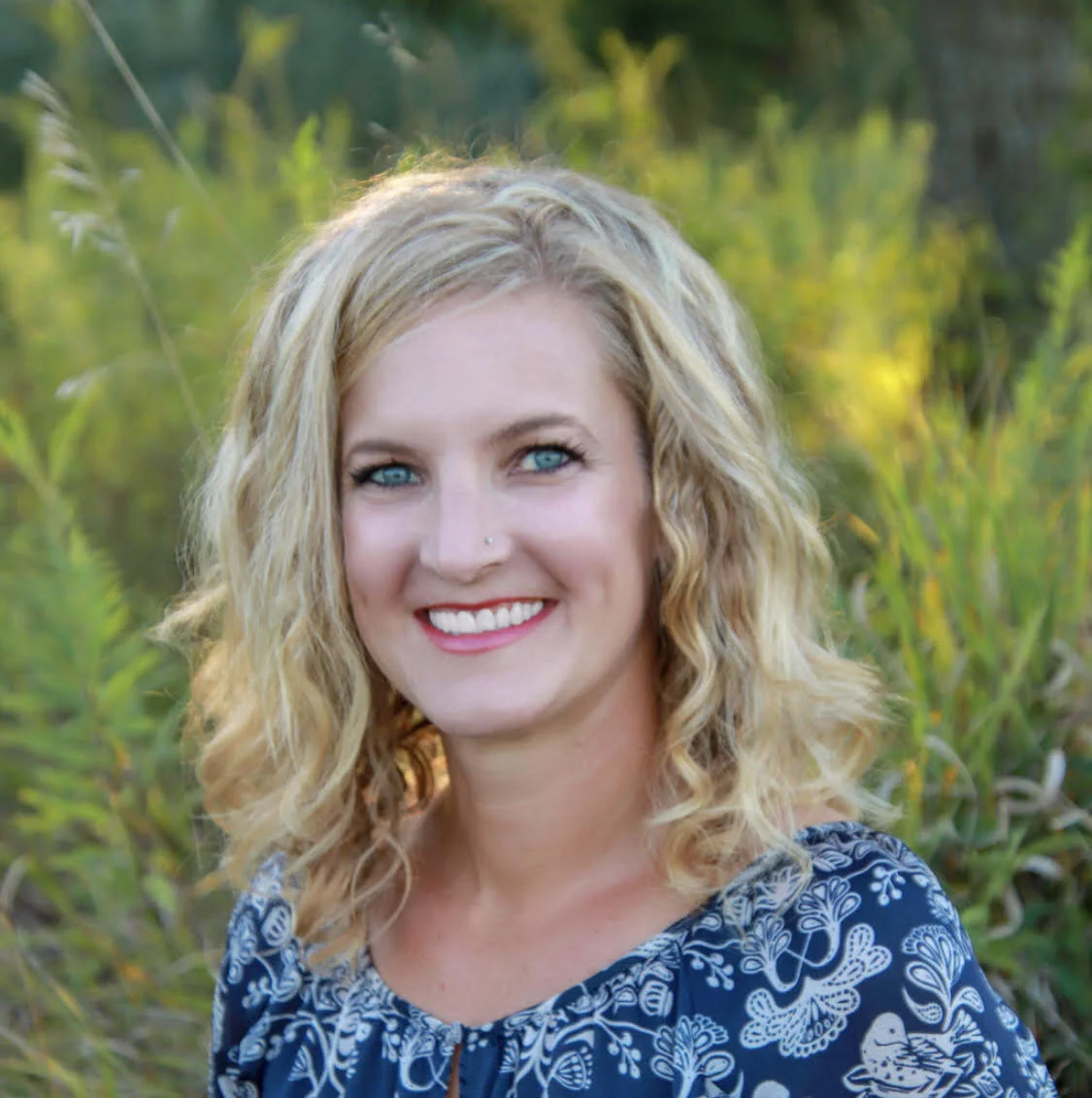
In Peoria, Illinois, we offer couples therapy, marriage counseling, family therapy, children's counseling, individual counseling, sex addiction counseling, EMDR, trauma counseling, and assessments.
Nutritional and Integrative Interventions
How often do we read these mental health statistics and think that the only “cures” are pharmaceutical interventions?
Anxiety disorders are most common mental illness in US affecting 40 million adults (ADAA)
Depression affects 322 million adults worldwide
1 of every 6 adults will suffer depression in their lifetime
Nutritional and Integrative Interventions
(Depression, Anxiety, Bipolar and ADHD)
How often do we read these mental health statistics and think that the only “cures” are pharmaceutical interventions?
Anxiety disorders are most common mental illness in US affecting 40 million adults (ADAA)
Depression affects 322 million adults worldwide
1 of every 6 adults will suffer depression in their lifetime
Nutritional psychology is an emerging field that outlines how nutrients can affect mood and behavior. Many clients will see a reduction in symptoms when integrating non-pharmaceutical interventions to treat depression, anxiety, bipolar disorder and even ADHD.
It is possible to accelerate your therapeutic results by viewing the whole person:
Food: the good, the bad and the fake
Stress: A holistic approach
Exercise: Elevate serotonin and regulate stress hormones
Sleep: The 4 habits critical to sleep
Research shows that Mediterranean lifestyle--diet, physical activity, and socializing helps improve mental health/depression.
Sugar addiction--sugar as a substance releases opioids and dopamine which suggest an addictive potential
Fake nutrition--alcohol, junk food, snacks, sugar, soft drinks, white foods
Stress management--meditation, exercise, deep breathing, mindfulness, music, “ditch the screens”
Exercise--pick activity you enjoy, find a buddy, set a goal, start out slow
4 Sleep habits--adults need 7-9 hours of sleep in a dark, cool room. No caffeine after noon. Avoid electronic devices one hour before bedtime. Create a bedtime ritual.
“Let food be your medicine and medicine be your food.”---Hippocrates
S.A.D.--Standard American Diet is not recommended
High--Meat at center of plate, processed foods and simple carbohydrates
Low--healthy fats, fruits and vegetables
Healthy fats are important for brain health--avocado, coconut oil, EVOO, ghee
Proteins are important for brain health--fish, grass fed beef, eggs, nuts, seeds legumes
You can greatly increase your therapeutic results by addressing core physical and nutritional needs with a qualified counselor. You will discover the nutrients most essential to healthy brain function, treating depression and anxiety, and learn simple strategies that can be integrated with pharmaceutical interventions.
We have just scratched the surface here. There is so much more research and information about nutrition and mental health available. Professional counselors want to help you decipher and incorporate these practices into your life.
If you are interested in taking the next step in your mental and physical health, I have training in nutritional and integrative interventions. Give our office a call at 309-713-1485 or email info@summitfamily.net. I look forward to finding solution together!
We Are Growing! Meet Our New Counselors
2020 has been a very challenging year for the mental health of our community. Mental Health America reports that anxiety and depression rates have increased at an alarming pace, self harm and suicide are on the rise, people are struggling more with isolation and loneliness, and rates of anxiety, depression, and suicidal ideation are increasing for people of all races and ethnicities.
We Are Growing! Meet Our New Counselors
2020 has been a very challenging year for the mental health of our community. Mental Health America reports that anxiety and depression rates have increased at an alarming pace, self harm and suicide are on the rise, people are struggling more with isolation and loneliness, and rates of anxiety, depression, and suicidal ideation are increasing for people of all races and ethnicities. Numbers demonstrate that from January through September, pandemic enduring youth ages 11-17 have been more likely than any other age group to report moderate to severe symptoms of anxiety and depression and have the highest rates of suicidal ideation, especially LGBTQ+ youth. The number of youth reaching out for help is also increasing. Black or African Americans report the highest average percent change over time for anxiety and depression, while Indigenous Americans have had the highest average percent change over time for suicidal ideation.
We are very excited to announce that two seasoned counselors have joined our practice! Our hope is that we are able to support even more people who are struggling during the pandemic through this expansion, especially youth, families, and adults.
Erica Ray, M.Ed., LCPC, earned her Master of Arts in Education, School Counseling, from The University of Akron. She brings to our practice her experience with counseling in a school setting, developing wilderness experiences for at risk youth, therapeutic boarding school programming, collaborating with the Department of Child and Family Services, and has training in Trauma Focused CBT. Her client areas of focus are school aged children, teens, and adults. She has full time hours available to see clients.
Jayshree Panchal, MA, LCPC, graduated from Bradley University with a Master of Arts in Human Development Counseling. She brings many years of experience counseling adolescents, college students, and adults. She uses trauma informed approaches to treat grief and loss, improve relationships, assist with college preparation, and enhance career development. She has practiced in many settings, including schools, career centers, hospital units, and community mental health. She is practicing with us part time on evenings and weekends.
Please join us in celebrating this milestone for our practice. We know it is harder right now to find a counselor who is taking new clients because of the pandemic increasing the demand for services. If you are interested in scheduling a counseling session for yourself or your child, give us a call today at 309-713-1485 or email info@summitfamily.net.
Coping with COVID 19: Is My Current Sadness Really Grief?
Are you having trouble identifying your feelings during the COVID 19 pandemic? You might be experiencing grief. In a recent Harvard Business Review, foremost expert on grief and author David Kessler, states there is a 6th stage of grief. Kessler co-wrote with Elisabeth Kubler-Ross about the 5 stages of grief—denial, anger, bargaining, depression and acceptance. In Kessler’s new book, Finding Meaning: The Sixth Stage of Grief, he says that after acceptance stage there can be meaning. He is also the founder of www.grief.com.
Are you having trouble identifying your feelings during the COVID 19 pandemic? You might be experiencing grief. In a recent Harvard Business Review, foremost expert on grief and author David Kessler, states there is a 6th stage of grief. Kessler co-wrote with Elisabeth Kubler-Ross about the 5 stages of grief—denial, anger, bargaining, depression and acceptance. In Kessler’s new book, Finding Meaning: The Sixth Stage of Grief, he says that after acceptance stage there can be meaning. He is also the founder of www.grief.com.
Kessler states that:
We are feeling a number of different griefs, it feels like the world has changed and it has. We are hoping it’s only temporary but it doesn’t feel that way. There’s a loss of normalcy; fear of economic toll; and the loss of connection. We are not used to this kind of collective grief in the air.
We may also be feeling anticipatory grief because the future is uncertain. Typically, this happens with an impending death or receiving a dire diagnosis. Anticipatory grief is confusing. We know there’s potential for bad things to happen. We sense a loss of safety, but we can’t see it. We no longer feel safe.
It’s important to understand that there isn’t a map for grief or for the grieving. People manage their grief in different ways and in unpredictable timelines. I won’t get the virus—denial. I have to miss my activities and stay home—anger. If I social distance for two weeks, I’ll be fine—bargaining. Will this ever end? —sadness. Ok, I have to figure this out—acceptance. We find power in acceptance.
Unhealthy anticipatory grief is really anxiety about the unknown. We imagine future worst-case scenarios. We don’t want to dismiss this anxiety. The goal needs to be finding balance in the things you are thinking. Not everyone who gets sick, will die. By staying in the moment, being mindful, you can calm yourself. Name five objects in the room. Breathe. I’m okay.
Let go of what you can’t control. Be compassionate. Be patient. People aren’t their “normal selves right now.” The most troubling part of this pandemic is the open-endedness of the situation. This is temporary even though it feels like forever.
Kessler identifies the sixth stage as finding meaning after acceptance. We want/need to find meaning in suffering. This might look different to different individuals, groups, and societies depending on their circumstances and experiences.
Take time to feel your emotions, name them and allow them to move through you. Leave the “would of, could of, should of” out of your feelings.
Most of us tend to identify grief in relation to a death. Grief can also be experienced from any loss —loss of relationship, loss of job/career, loss of home, loss of financial security, loss of a pet, and loss of a dream.
If you or someone you know is struggling with grief, it’s important to seek out professional help with a qualified therapist. What has been your hardest loss to cope with?
Resources
Berinato, S. (2020, March 23). That discomfort you’re feeling is grief. Harvard Business Review. https://hbr.org/2020/03/that-discomfort-youre-feeling-is-grief
Tele-what? Taking the Mystery Out of Telehealth Counseling
Life in the time of COVID. There are a multitude of extra stressors that are occurring right now. People are being stretched in ways that they didn’t know existed. You might be feeling totally exhausted, stressed to the brim, anxious about what is to come, having issues with everyone in your family being stuck in the house, or feeling like things are out of control. On top of this — the typical things in your life are still going on.
Now, more than ever, people need to be aware of their mental health, how it has been affected, and what resources are available to help combat this.
Life in the time of COVID. There are a multitude of extra stressors that are occurring right now. People are being stretched in ways that they didn’t know existed. You might be feeling totally exhausted, stressed to the brim, anxious about what is to come, having issues with everyone in your family being stuck in the house, or feeling like things are out of control. On top of this — the typical things in your life are still going on.
Now, more than ever, people need to be aware of their mental health, how it has been affected, and what resources are available to help combat this.
Tele-counseling is one option for working through your struggles, emotions, frustrations, or just processing through this difficult time. Like traditional counseling, telehealth provides the same support and encouragement that you would receive in an in-person session and allows you to maintain physical safety, follow the social distancing guidelines, and still receive the help you need.
Tele-counseling is different, there’s no denying that. However, current research suggests that tele-counseling is just as effective as traditional counseling. A study completed by Andrews, Basu, Cuijpers, Craske, McEvoy, English, and Newby in 2018 compared traditional Cognitive Behavior Therapy to internet-based Cognitive Behavior Therapy and found that both were equally effective for treating anxiety and depression.
Let’s answer some questions about tele-counseling!
Tele-counseling won’t be as personal as in-person.
Your therapist will work to ensure that the same therapeutic relationship is provided though the tele-counseling session. Your therapist will use the same skills and training that are used in a typical session to understand you and your goals, provide the therapeutic relationship, and help you to feel supported.
How do I know that this is private?
Summit Family Therapy uses a secure, HIPAA-compliant service to provide the video connection for therapy. The therapist will be in an office, the same as if you were in the office.
There are some tips to provide privacy on your end. Some people have private space in their home. You can use headphones to ensure that others are not able to hear the therapist’s responses. You might consider leaving your home and finding a different quite space. Use this as an opportunity to get out of the house while respecting social distancing. Maybe take a drive and stop somewhere with a nice view, a park, or your favorite spot. The beauty of tele-counseling is that you can be anywhere, as long as you have internet and privacy.
I don’t have a computer with a camera.
Great news! You don’t need to have a computer. You are able to use your phone, tablet, or other device to participate in your tele-counseling session. There is an easy to download app for both IOS and Android that can be downloaded to any device with a working camera. If you have trouble with this, we can support you through getting this downloaded and coaching you over the phone.
I am not tech-savvy, this will be too difficult.
The program we use is simple and easy to use. You will get a link to your email to go to your private, virtual waiting room. When it is time for your session, the therapist will join you there — just like when they would find you in the office waiting room. Once you are in the session, there is nothing more you need to do.
What if I don’t like it?
Just like any therapy, if you aren’t happy, you don’t need to continue. If you find that you are feeling uncomfortable during the session, bring this up! Your therapist can help to process this and help you to make the best decision, for you, to move forward.
What are the benefits of tele-counseling?
Just like any therapy, this is a relationship and the same benefits exist; however, there are added benefits of using tele-counseling:
• You can attend sessions from anywhere • There is no drive time to the office •
• More flexibility in scheduling • Less risk of exposure to illness •
• Easy to access • Limited wait time •
• No need to change out of your pjs • Be in the comfort of your own space •
More questions?
Do you have more questions? Would you like to talk to a professional about what tele-counseling would be like for you? Give us a call and we would happy to talk more about how tele-counseling can change your life!
Resources
Andrews, G., Basu, A., Cuijpers, P., Craske, M., McEvoy, P., English, C., & Newby, J. (2018). Computer therapy for the anxiety and depression disorders is effective, acceptable and practical health care: An updated meta-analysis. Journal of Anxiety Disorders, 55, 70-78. https://doi.org/10.1016/j.janxdis.2018.01.001be






